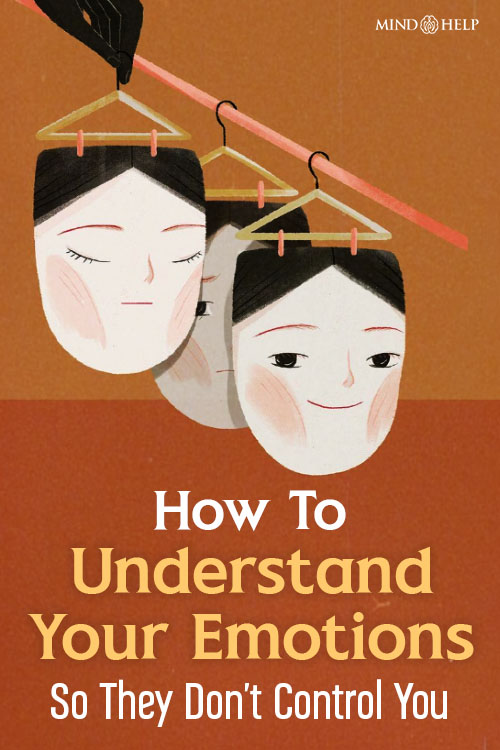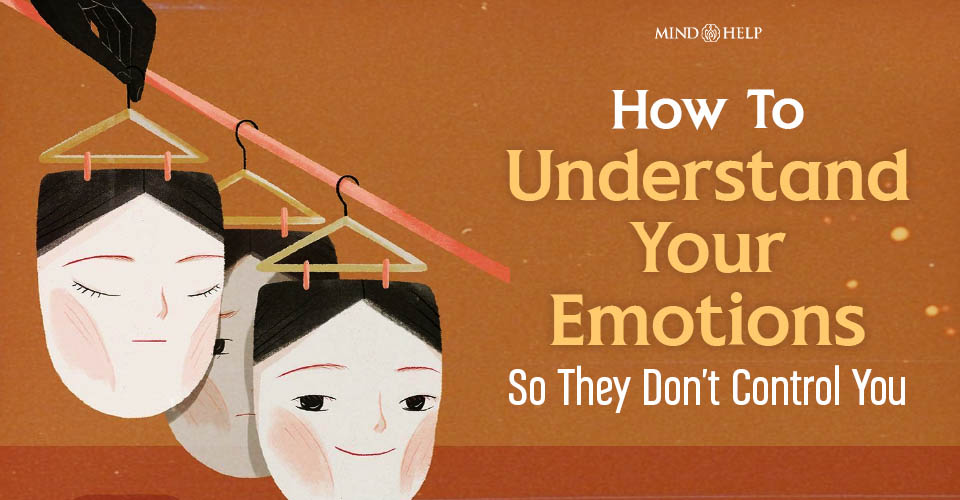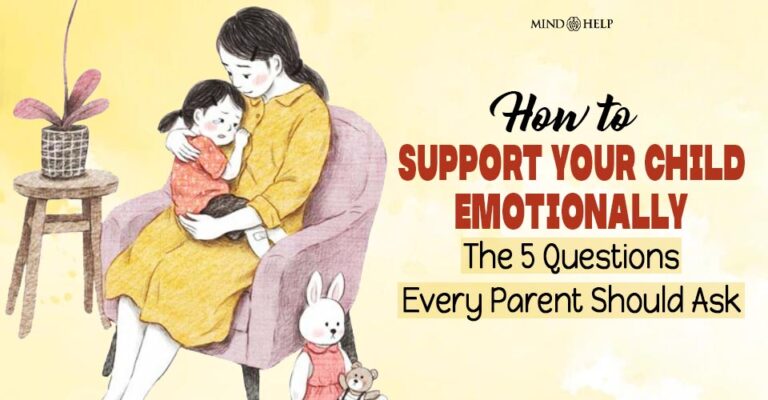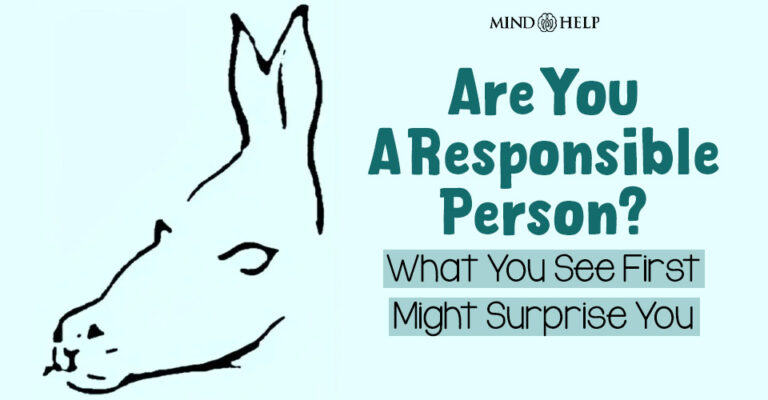How to understand your emotions? Many of us think we know ourselves well, but the truth is, what we feel inside often doesn’t align with how we behave on the outside. Emotions are complex, and without awareness, they can silently shape our decisions, relationships, and mental health.
Understanding your emotions is not the same as simply experiencing them. We all feel joy, anger, grief, or sadness, but without reflection, those feelings can overwhelm us. Learning how to understand your emotions better means recognizing their roots and responding with awareness rather than reacting impulsively.
Why We Struggle With Emotions
From childhood, many of us were taught to minimize or suppress our feelings. When you cried, you might have been told, “Stop being dramatic.” When you felt sad, someone may have labeled you as “lazy” or “weak.” Instead of being guided on how to better understand your emotions, you were encouraged to bury them.
But emotions don’t disappear just because we ignore them. Like seeds beneath the soil, they eventually resurface—often in ways that are difficult to manage. When we fail to process them, emotions may show up as trauma, addiction, anger issues, or self-sabotaging patterns. This is why learning how to understand your own emotions is essential for healing and growth.
The Power of Emotional Awareness
Every emotion carries a message. By practicing emotional awareness, you learn how to understand your feelings and emotions without judgment. Instead of being consumed by anger, sadness, or grief, you can uncover what your inner self is trying to communicate. With time, emotions become less of an enemy and more of a guide toward balance and resilience.
How To Understand Your Emotions
Let’s break down some common emotions and explore how to approach them with understanding:
Anger
Anger is often misdirected energy. It arises when your values, limits, or sense of fairness are violated. How to understand anger? Pause before reacting and ask yourself: Do I need stronger boundaries? Am I seeking validation? Is this situation truly unjust, or am I interpreting it through old wounds? Once you identify the root, anger can guide you to assert yourself in healthier ways.
Guilt
Guilt signals that your actions didn’t align with your values. Instead of letting guilt weigh you down, recognize it as a teacher. Reflect on what went wrong, learn from it, and make a conscious choice to do better next time.
Frustration
Frustration appears when effort doesn’t match the outcome. Rather than letting it fester, ask: Can I change my strategy? Or is this something beyond my control that I must accept?
Grief
Grief is love’s shadow—it surfaces when you lose someone or something meaningful. How to understand grief? Instead of pushing it away, allow yourself to fully experience it. Giving grief space honors both your pain and your love.
Fear
Fear alerts you to danger, real or imagined. To navigate it, soothe your nervous system first, then distinguish between genuine threats and irrational anxieties. Over time, you’ll learn that not every discomfort signals danger—sometimes it signals growth.
Sadness
Sadness asks you to pause and process. Don’t rush to “get over it.” By slowing down, you give yourself the gift of healing.
Loneliness
Loneliness reminds you of the need for connection. Instead of seeing it as a flaw, treat it as a gentle nudge toward nurturing healthy, supportive relationships.
Disappointment
Disappointment means expectations were unmet. Rather than quitting, realign your goals and strategies. Adjust—don’t give up.
Boredom
Boredom signals unused creativity. It’s your mind asking for meaningful engagement. Lean into hobbies, new learning, or projects that spark inspiration.
Envy
Envy doesn’t mean you want what others have—it means you doubt your own potential. Shift your mindset from comparison to self-belief and action.
Joy
Joy signals alignment with your values and authenticity. If it feels foreign or uncomfortable, give yourself permission to ease into it instead of resisting.
Disgust
Disgust highlights boundaries. It’s your inner compass telling you what you cannot accept. Respect it.
Shame
Shame makes you believe you are the mistake, rather than just making one. Challenge that thought by reminding yourself: mistakes don’t define identity—they shape growth.
Read: 10 Good Habits To Start (And Actually Keep For Life)
Final Thoughts
When you stop fighting against difficult feelings and instead learn how to understand your emotions better, everything changes. Anger becomes a sign that boundaries need reinforcement. Grief becomes a process of honoring love. Fear becomes a signal for self-reflection.
Learning how to understand your own emotions is not always easy, but it’s the foundation of emotional freedom. With compassion and practice, you can prevent emotions from consuming you and instead allow them to guide you toward growth, healing, and self-awareness.
Disclaimer: This article is for informational purposes only and is not intended as a substitute for professional mental health advice, diagnosis, or treatment. While we strive for accuracy, we do not guarantee the completeness or reliability of the information provided. Readers should always seek guidance from a qualified mental health professional for any concerns regarding their mental well-being.
Once you grasp how to understand your feelings and emotions, you gain the power to transform your inner world. And that shift—though subtle at first—creates lasting change in how you live, connect, and thrive.








